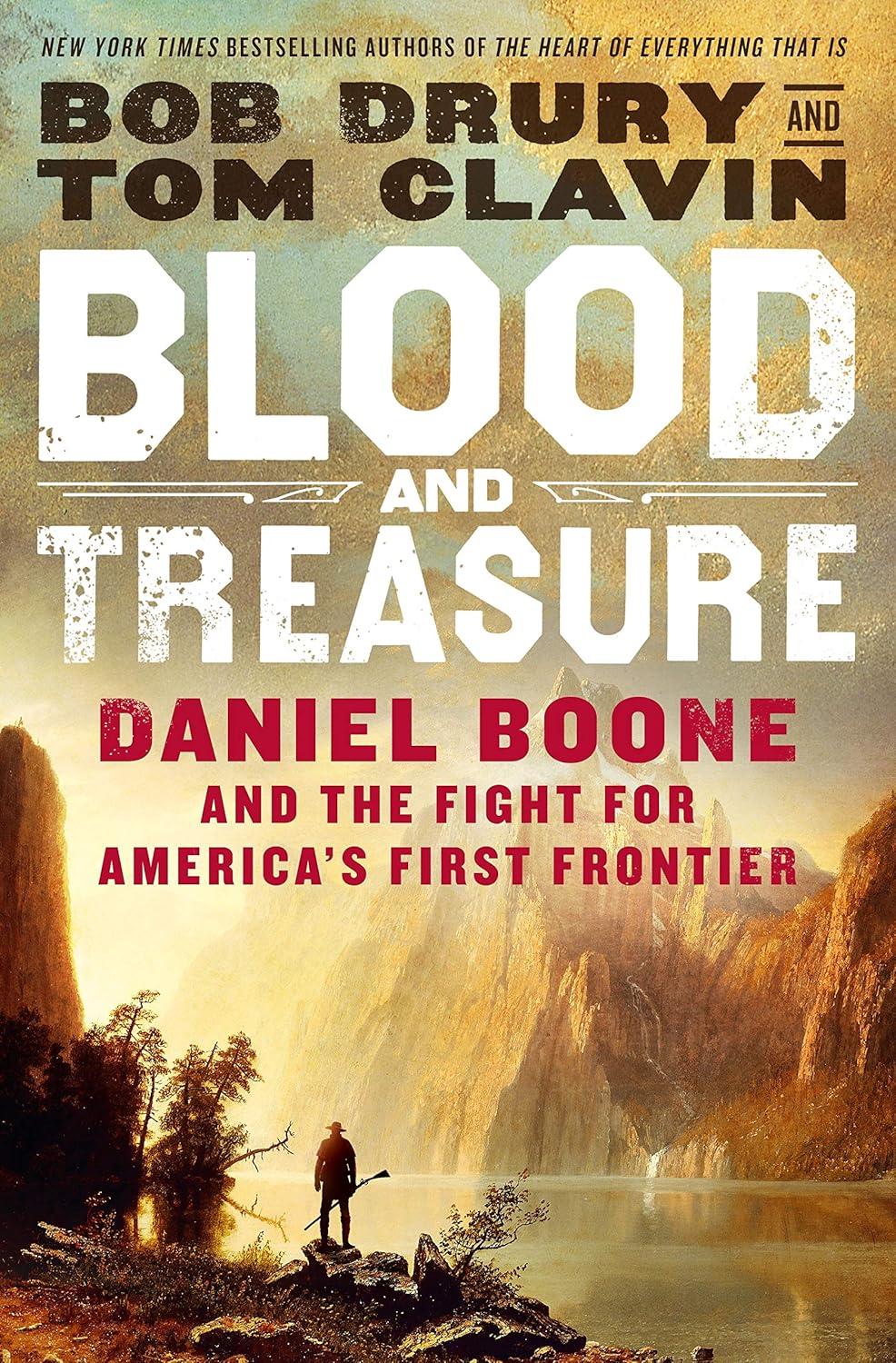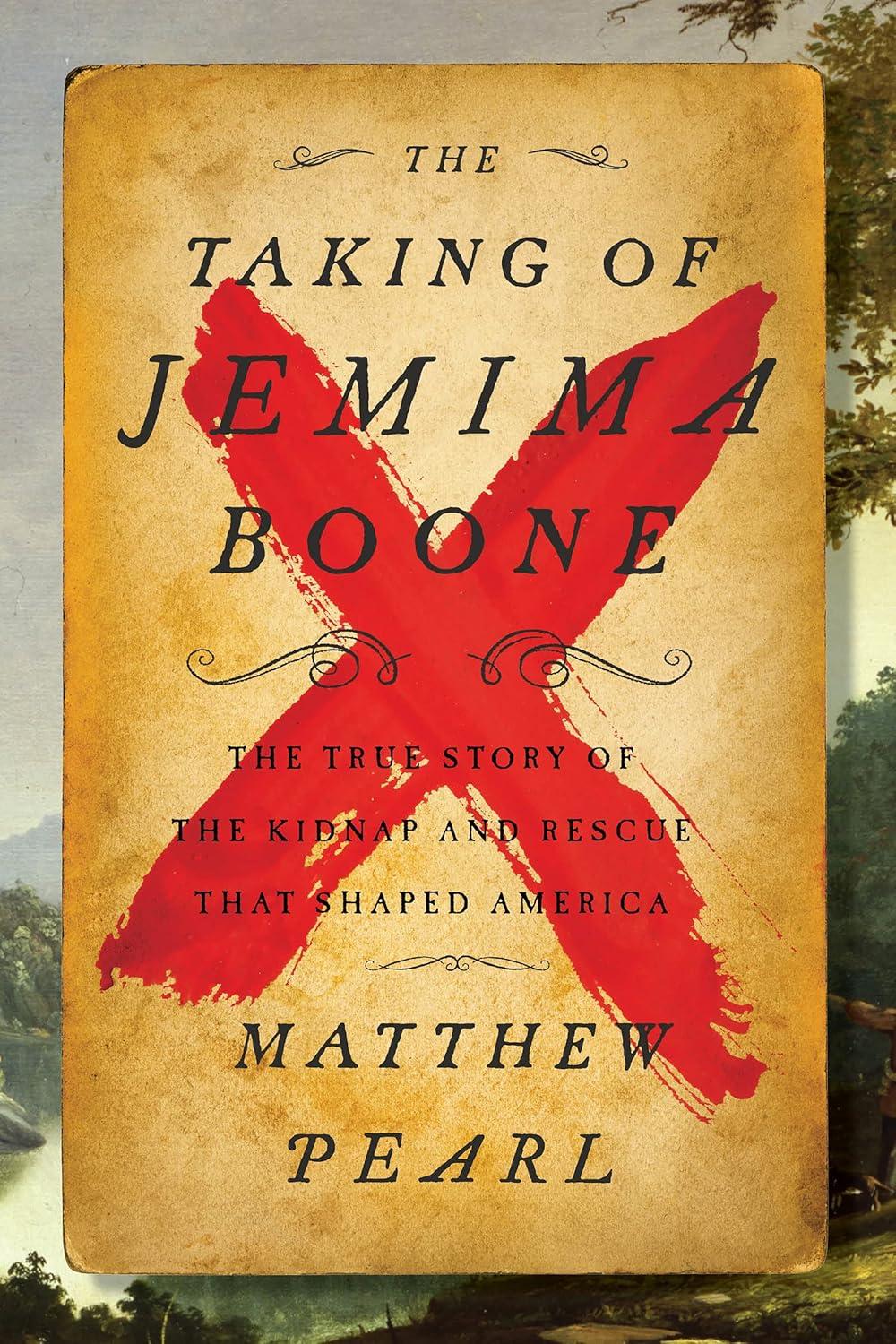In June 1778, Daniel Boone was being held captive in an Indian village. Sensing that a native attack was brewing against the Kentucky stockade that was his home, he cut loose a pony and, despite the warnings of the wife of the Indian chief imprisoning him that there was no way he’d possibly make it the 160 miles back to Boonesborough, took off.
He rode his pony all night until it collapsed the next day. He proceeded on foot. He jumped into every stream he encountered to throw off pursuers. He crossed the Ohio River naked with a makeshift pontoon for his clothes and gear. He kept walking until he couldn’t anymore. Resting, he was awakened by a fox nibbling at the dead skin on his feet. He lined his moccasins with leaves and kept going. He restocked his rifle with a piece of raw timber and, naturally, took down a buffalo with his first shot.
Four days later, he arrived at Boonesborough completely spent and sank into a chair, the family cat jumping into his lap.
That was Daniel Boone.
He is a legendary American figure whose indelible image — the coonskin-hat-wearing backwoodsman who was the first white man to see Kentucky — is not quite accurate but true enough. Self-conscious about his stature, he favored high-crowned felt hats, not the coonskin of lore. And white explorers had preceded him through the Cumberland Gap.
Yet he was an unbelievably adept outdoorsman, whose courage, marksmanship, and feats of endurance stood out in the settlement of the frontier. He lived a cinematic life of narrow escapes, grievous loss, and fierce battles — a frontiersman in full who was honest and modest, but not to be trifled with.
Boone deserves a place in the nation’s pantheon, even as he is likely to be downgraded. He wasn’t a general or a statesman or a thinker. It is possible to tell the nation’s story without significant reference to him in a way that obviously can’t be done without, say, George Washington or Thomas Jefferson. He doesn’t have any parchment accomplishments to weigh on the other side of the ledger of the things that will be increasingly held against him — namely, encroaching on Indian land and doggedly fighting the natives over it.
Still, he is an exemplar of a backwoods America — venturesome, tough, and stubborn — that made the country what it is today. We may be fascinated by the epic events in Philadelphia circa 1776, but the high politics of the time — and the contention between Britain and its colonists — don’t represent the whole story.

